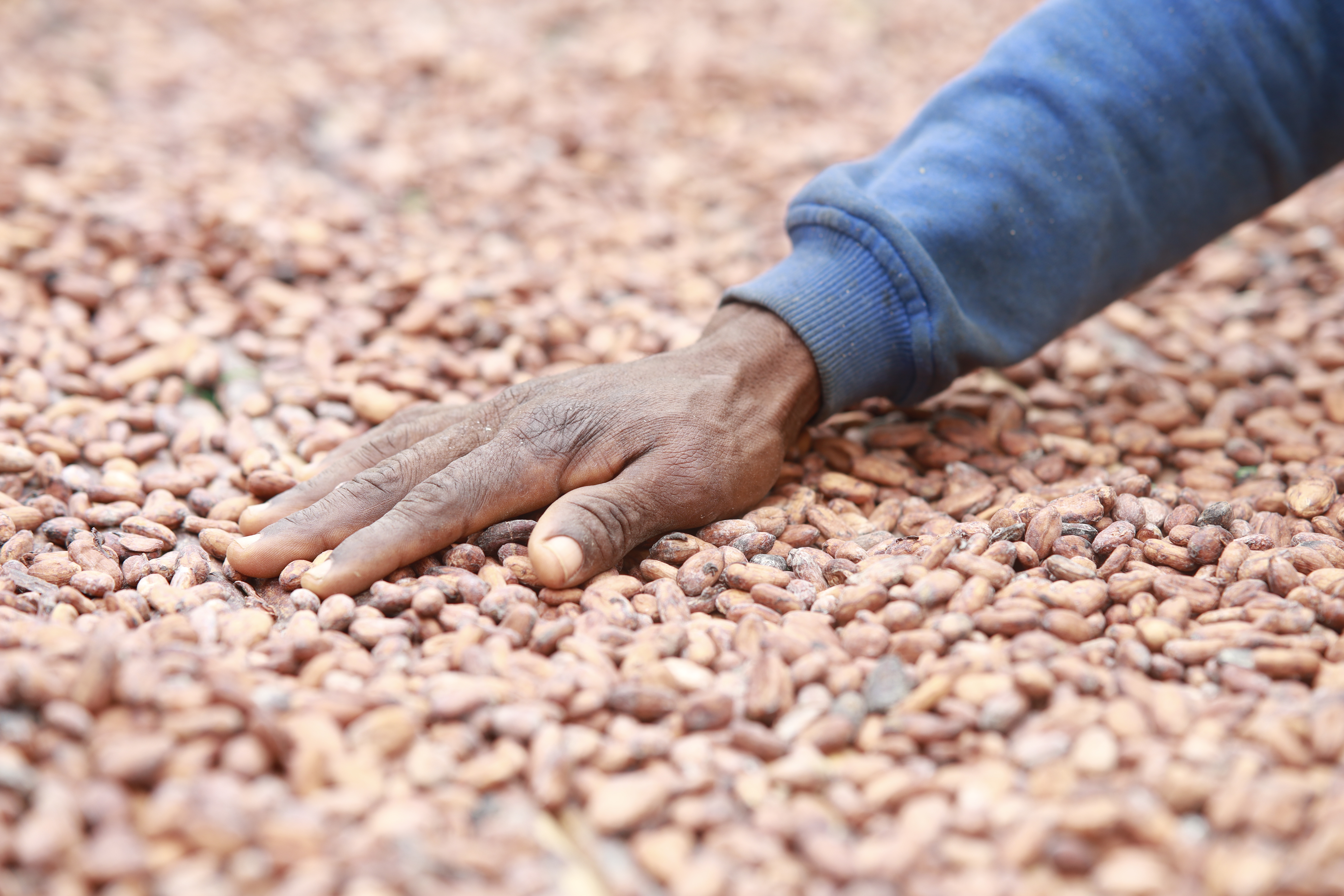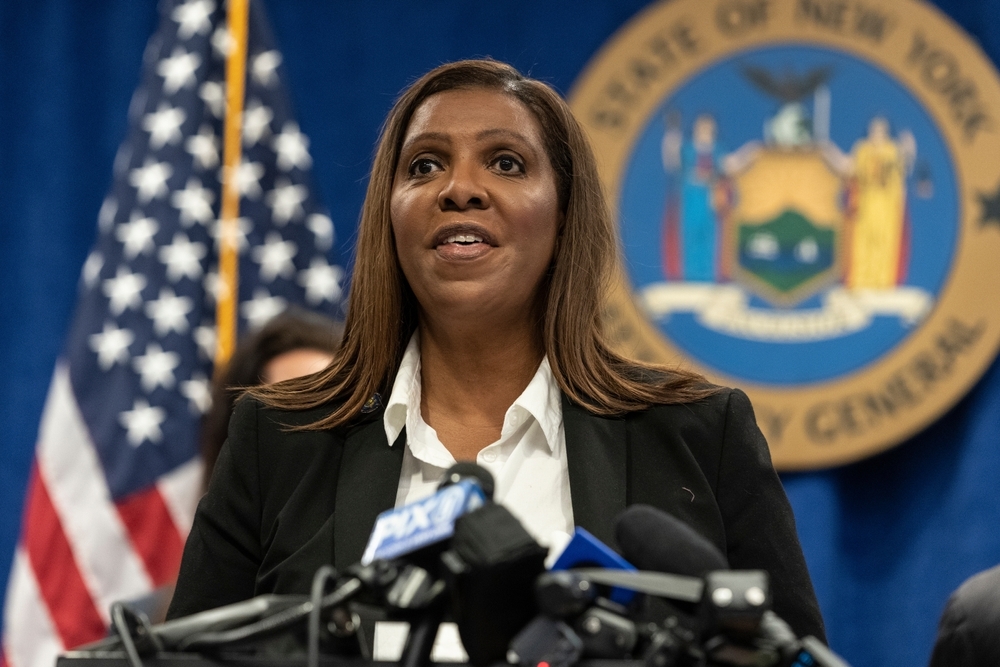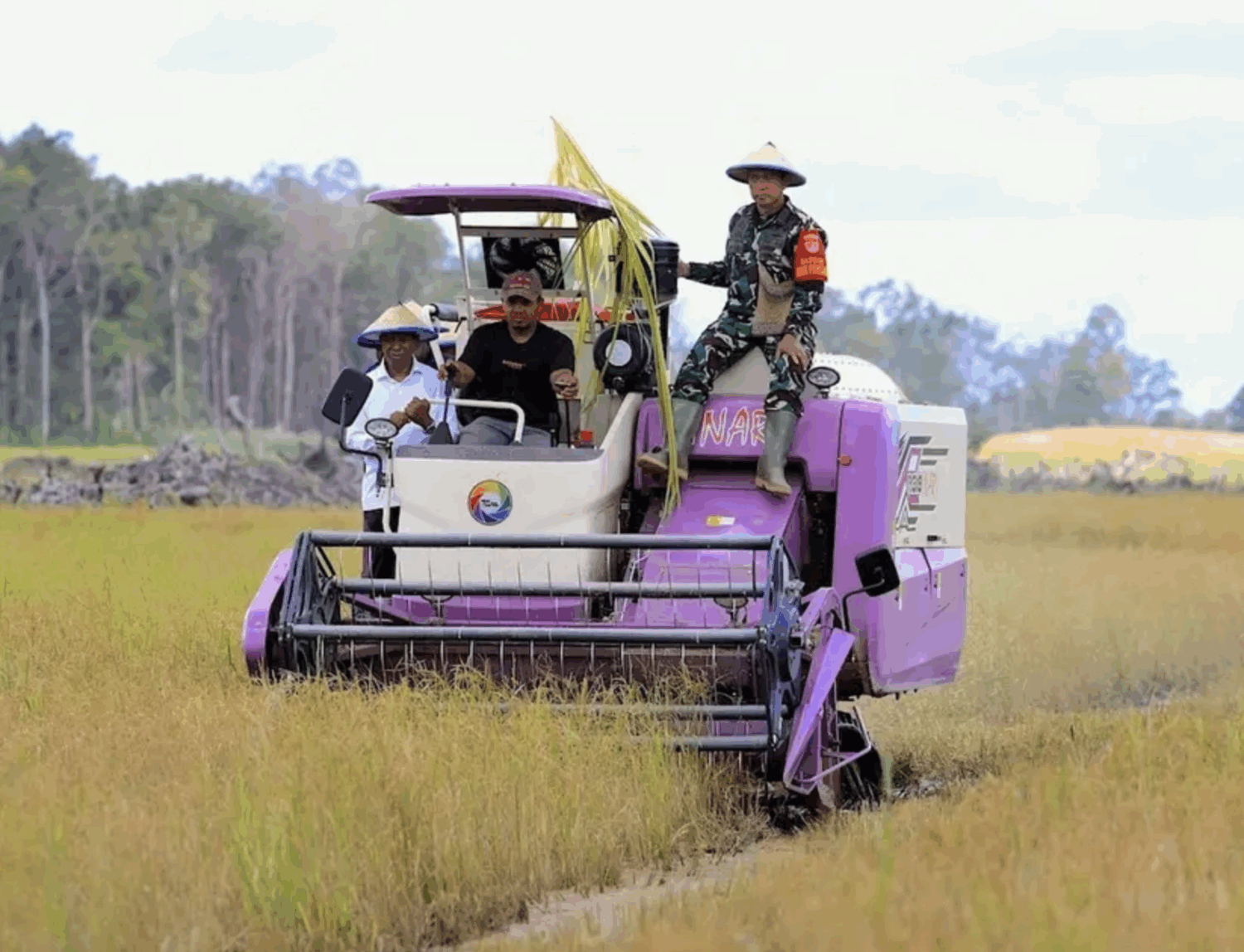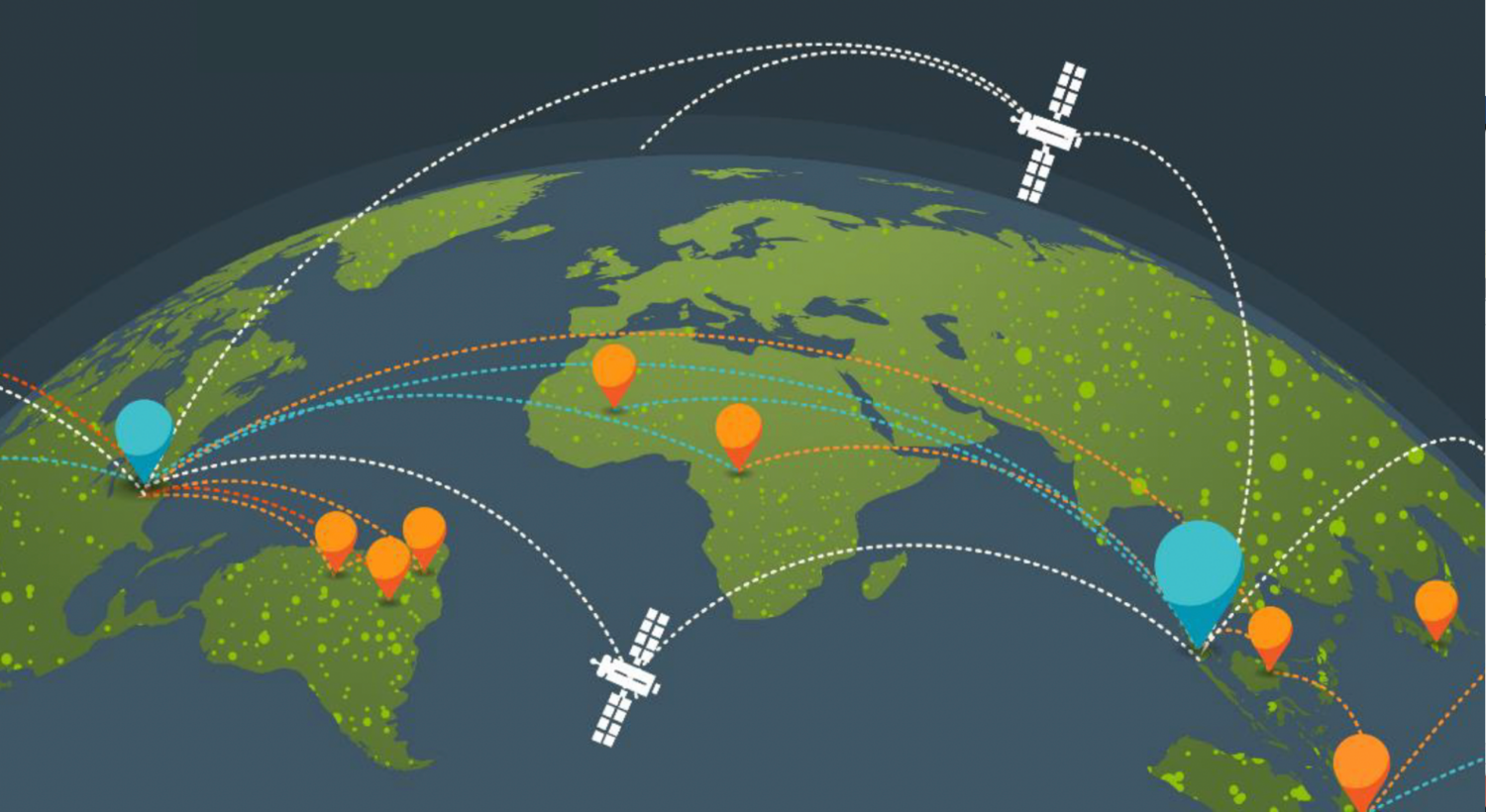
Chocolate Scorecard 2023: cocoa’s impact on deforestation and climate
When biting into a bar of chocolate, many chocolate lovers have no idea where the raw ingredient, cocoa, comes from, nor the impact that its production has on nature and our changing climate.
The 2023 Chocolate Scorecard breaks this down for us by asking major chocolate brands, manufacturers, and traders what they know about their cocoa supply chains and the environmental impact.
A mixed bag of findings
This year’s top scorers for addressing deforestation and climate change in supply chains include Original Beans, Tony’s Chocolonely, Beyond Good, Halba, and Aldi. Whilst Kellogg, Daito Cacao, Glico, Starbucks, and Morinaga, are lagging in their application of no-deforestation policies and monitoring systems. Still, their willingness to engage in the scorecard does at least signify a desire to review and address the pitfalls of their environmental policies. This sets them apart from big brands such as Mondelez, Unilever and General Mills; and retailers like Tesco, Walmart, and Whole Foods, who refused to participate in this year’s survey, earning “broken egg” status. So, what are they hiding and why does it matter?
The true cost of Cocoa
Around 75% of the world’s cocoa comes from West Africa, with Côte d’Ivoire and Ghana, the leading producers. In the last 60 years, these two countries have lost around 94% and 80% of their forests, respectively, with at-least one-third of forest loss to make way for expanding cocoa production.
Despite collaborative efforts to address the industry’s impact on nature, including the launch of the multistakeholder Cocoa & Forests Initiative (CFI) in 2017, cocoa-driven deforestation has continued to clear West Africa’s forests. The recent announcement of a renewed ‘CFI 2.0’ and the enforcement of the European Union Deforestation Regulation (EUDR) in 2024, gives some hope for protecting and restoring what precious little is left. But any viable solution requires greater cooperation from chocolate companies to monitor and respond to deforestation in their supply chains.
On deforestation and climate: what are companies doing well?
- Monitoring systems are now embedded in most company sustainability initiatives – a vital step in the journey towards traceable supply chains. The use of ‘polygon mapping’ (marking the boundary of supplier cocoa farms) is now commonplace, with some companies employing more detailed systems such as waypoint monitoring or remote sensing technology.
- Collaboration to eradicate deforestation: Many of the participating companies have joined collaborative initiatives including: the ‘Cocoa & Forest Initiative‘ (CFI); Initiatives for Sustainable Cocoa (ISCOs); and the Retailer Chocolate Collaboration (RCC). Joining these platforms is an encouraging and necessary first step to building sustainable solutions, but companies must go beyond this to transparently share supplier information, proactively initiate collective action on the ground, and work collaboratively with both local and international civil society actors.
- Net-Zero carbon emissions targets have been embraced by some companies, leading the way by setting the necessary short- and long-term objectives to ensure global temperature rise is limited to 1.5 degrees. We need more companies to follow suit and set time-bound policies to achieve net-zero carbon emissions for Scopes 1, 2 & 3 (emissions across the whole supply chain, including from indirect suppliers).
Where are they falling short?
- Limited use of satellite monitoring: Despite rapid advancements in monitoring technology over the past decade, few companies are making use of the widely available satellite or remote sensing tools. Companies are urged to take advantage of these tools and resources to track live deforestation in their supply chain and take preemptive action to stop or remediate this risk. Mighty Earth’s cocoa accountability maps track deforestation in real time and can act as a model for joint industry satellite monitoring systems.
- Inconsistent deforestation cut-off dates: The rising implementation of global deforestation-free cocoa and cross-commodity policies, signifies a positive trend in cocoa companies taking issues of deforestation and climate change in their supply chains seriously. However, some companies in this year’s scorecard indicated that they would continue sourcing cocoa from deforested areas until 2023 and beyond (despite the CFI cut-off date of 2017), highlighting the urgent need for a consistent approach. Policy means nothing without action. We need cocoa companies to make specific, consistent, and time-bound objectives for ending deforestation in their supply chains without delay.
- Inadequate grievance systems: Whilst many companies have some form of grievance redress mechanism, few are publicly accessible. There are therefore limited opportunities for environmental grievances to be logged by other stakeholders, including farmers and NGOs. Publicly available grievance mechanisms, where all stakeholders can raise complaints about company malpractice across the supply chain, help to strengthen due diligence systems and reduce risk.
Looking ahead
Sefwi Asempaneya: Ghana – an agroforestry landscape, where cocoa is integrated, and the value of standing trees is recognized
Many of the world’s largest cocoa companies are still at risk of sourcing deforestation cocoa. With the impending enforcement of the European Union Deforestation Regulation, chocolate companies need to take urgent, affirmative action to address deforestation in their supply chains, or risk being sanctioned for non-compliance. It is no longer acceptable to have less than 100% deforestation-free cocoa and, for that matter, 100% deforestation mapping.
Deforestation-free cocoa monitoring systems still need to be better implemented in cocoa-producing countries. But in the face of declining cocoa prices and government revenues; farmer poverty; increasing production costs; and countless other challenges, the burden cannot fall solely on cocoa producing farmers and governments who reap a small fraction of the industry’s rewards.
There is great potential here for companies to enhance their policies, monitoring, and actions. Companies that participated in the 2023 Scorecard are urged to continue to publicly share their sustainability objectives, initiatives, and achievements, as well as (crucially) their supply chain data. Doing so allows us all, as consumers, to keep them accountable and encourage other cocoa companies to improve their approaches to deforestation and climate change.
Authors:
- Stephanie Perkiss is a Senior Lecturer in Accounting at the University of Wollongong and explores social and environmental accounting and accountability in her research – you can either make yourself accountable or be made accountable by someone else!
- Sam Mawutor is a Ph.D. student at Oregon State University and a Senior Advisor at Might Earth. His research examines the cocoa agrarian question in southwestern Ghana.
Chocolate Scorecard 2023



